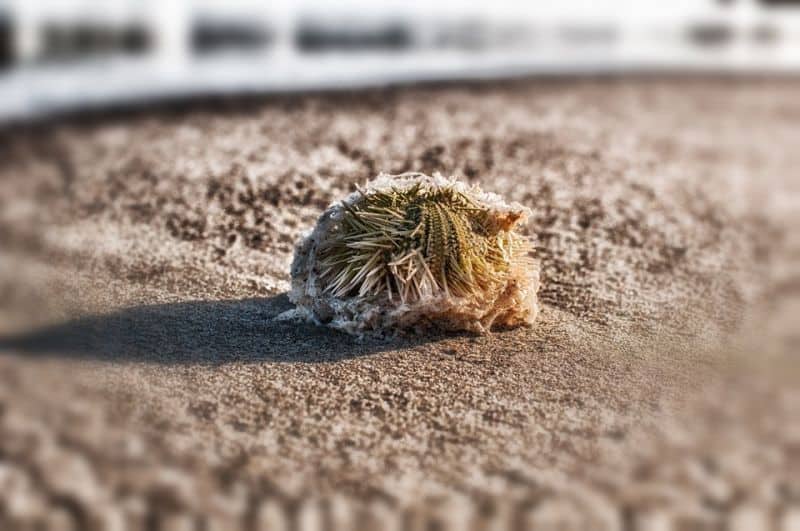London: In what could put an end to a long-standing row over animal evolution, a new research has determined that it is the morphologically simple sponges, which are the common ancestors of all animals and not the anatomically complex comb jellies.
Scientists have over the years tried to solve the longstanding question of whether sponges or marine invertebrates known as comb jellies were first to branch off the evolutionary tree from the common ancestor of all animals.
However, this new research led by the University of Bristol has identified that sponges are the most ancient lineage.
“The fact is, hypotheses about whether sponges or comb jellies came first suggest entirely different evolutionary histories for key animal organ systems like the nervous and the digestive systems,” said lead researcher Davide Pisani, Professor at Bristol’s Schools of Biological and Earth Sciences.
“Therefore, knowing the correct branching order at the root of the animal tree is fundamental to understanding our own evolution, and the origin of key features of the animal anatomy,” Pisani added.
For the study, published in the journal Current Biology, the team analysed all key genomic datasets released between 2015 and 2017.
They also used cutting edge statistical techniques (Posterior Predictive Analyses) to test whether the evolutionary models routinely used in phylogenetics can adequately describe the genomic datasets used to study early animal evolution.
The researchers found that models that can better describe the data favour sponges at the root of the animal tree.
“Evidence for comb jellies as the earliest branching animal lineage first emerged in 2008, a decade ago, in the first, large-scale, phylogenomic analysis of the animal phyla,” Pisani said.
“We have now better analytical tools and data and this study seriously challenges the accepted status quo,” he noted.
IANS

